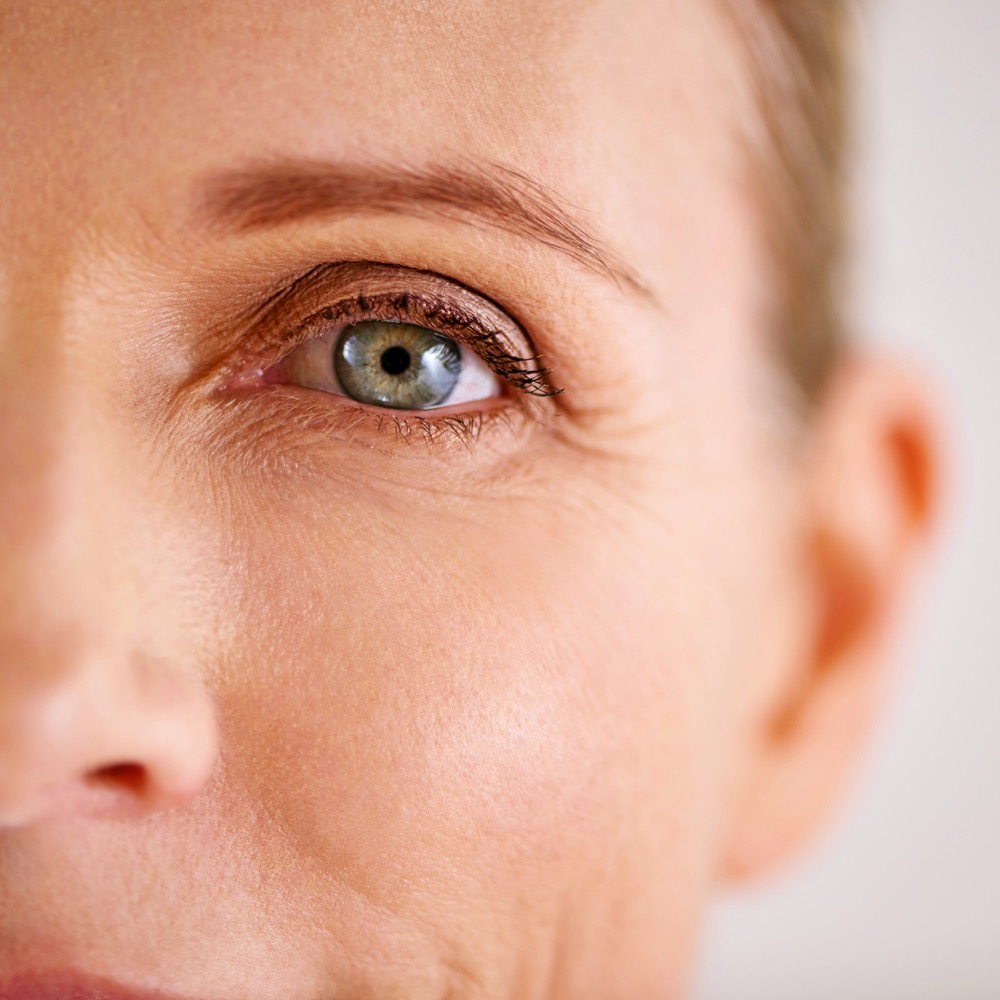You only get one set of eyes, and you want to maintain their good health throughout your lifetime.
As you age, your risk for macular degeneration, cataracts, and even glaucoma increases, and you may not even be aware of these until your vision changes. By then, it might be too late.
The macula is a small but dense cluster of nerve cells that sits at the back of your retina and processes the images you see, sending them to your brain for interpretation. With age the cells don’t work as well and age-related macular degeneration is the result, leaving you with reduced vision in the middle of your normal visual field.
Read Also

‘No agenda, no attenda’: How to professionalize your family farm meetings
Establishing meeting ground rules can help a farm family find ways to communicate that work for the business and the family.
About a million Canadians may have age-related macular degeneration, many of whom don’t even know they have it.
Cataracts affect about 2.5 million Canadians, especially older people. Your lens becomes cloudy and it’s like looking through a frosted window. Luckily, cataract surgery is straightforward and replaces your clouded lens with a clear artificial one.
About 250,000 Canadians have glaucoma, which is an increase in the pressure in your eye ball so it feels more like an apricot pit than a grape. The higher pressure can cause damage to your retina and reduce your vision, but unfortunately glaucoma has few symptoms.
Taking care of your eyes will help prevent these eye problems. One recommendation is to increase your intake of antioxidants such as vitamin A, vitamin C, vitamin E, zinc, leutin, and zeaxanthin. The thinking is that oxidation causes damage to cells, and this can be prevented by antioxidants.
Some studies have shown that antioxidants can reduce the risk of age-related macular degeneration and cataracts, and as a result you will find many “eye health” vitamin formulations on pharmacy shelves. But you don’t necessarily need a supplement. Eating a diet rich in leafy green vegetables will provide antioxidants.
Don’t take your eyes for granted. A regular comprehensive eye examination is a great idea to ensure good eye health. It will catch any warning signs of vision changes, maybe even before you have any symptoms or notice any changes. And, if you do notice visual changes, don’t dismiss them as just getting older. Get them checked.
Also, pay attention to your family history of eye health. Macular degeneration, cataracts, and glaucoma do seem to have genetic tendencies.
Of course, eat a healthy diet including those antioxidants, but also include omega 3-rich foods like salmon, tuna, halibut. Try to keep a healthy weight, because, while it’s not the weight itself that can contribute to eye problems, the various diseases that are associated with being overweight certainly can.
Your retina needs a good blood supply to keep cells supplied with oxygen and healthy. Diabetes and high blood pressure, two diseases that are linked to being overweight, reduce blood flow resulting in retina cell death and vision loss.
Smoking is not a good health choice, and it can also contribute to loss of blood flow in the eye as well as clouding of your lens and cataracts.
Wearing the correct protective eye wear is so very important, even if you are just performing some “quick task.” And, when you are outdoors, don’t forget to wear your sun glasses with ultra violet light protection.
Also take a break from the computer screen from time to time. The 20-20-20 rule works well; about every 20 minutes, look away from the computer screen about 20 feet in the distance, for about 20 seconds.
And remember, do take care of your peepers, because you only have one set!















